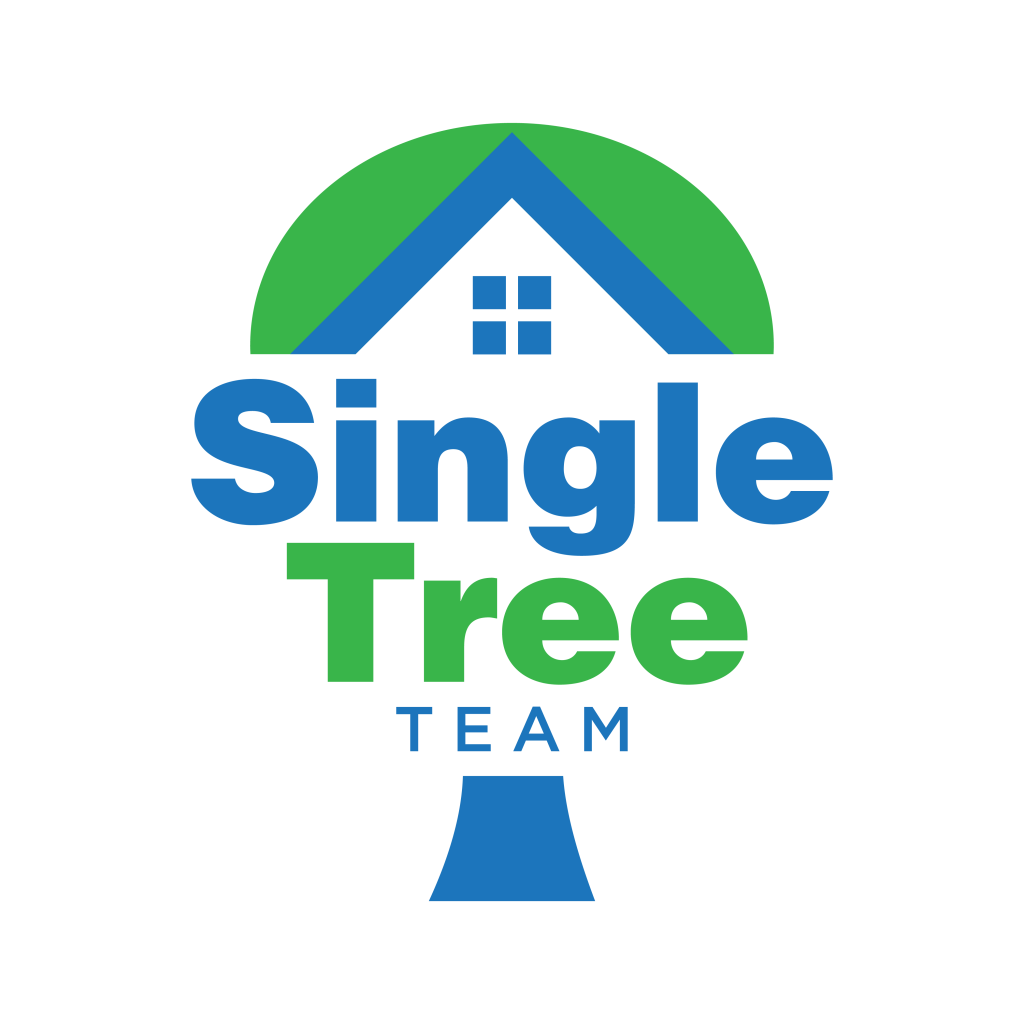When you’re looking to sell your home, it’s essential to remember that not all renovations are created equal. A new kitchen might be the most appealing option for you, but if it offers a good return on investment (ROI) when it comes time to sell, it might not be worth doing.
In this post, we’ll explore some options that will help you ensure your next renovation will pay off in terms of resale value—and give tips on how much work you should put into each project based on its ROI potential.
What Home Improvements Give the Best ROI?
Some home improvement projects are different. Kitchens, bathrooms, living rooms, and master suite upgrades offer the highest ROI.
Here is a list of some joint home renovation projects and the average return on investment (ROI) after one year:
#1 Replacement of garage doors
When recouping your investment, a nice-looking garage door ranks high.
- The average cost is $4,041
- The average resale price is $3,769
- Cost recovery rate: 93.3%
#2 Manufactured stone veneer
Stone always exudes a classic, refined look. Upgrading vinyl siding with stone veneer — even on a little portion of your property, such as the doorway — may significantly improve the exterior and, again, curb appeal.
- The average cost is $11,066.
- The average resale price is $10,109.
- Cost recovery rate: 91.4%
#3 Minor kitchen renovation
A modern-looking and functional kitchen may enhance your enjoyment of everyday activities such as cooking, sharing meals with family, and entertaining guests. It’s also a significant selling factor for potential house buyers.
- The average cost is $28,279
- The average resale price is $20,125.
- Cost recovery rate: 71.2%
#4 Siding
Even the greatest, structurally sound home can look worn out with old or crumbling siding. Upgrading it with high-quality fiber-cement and vinyl: fiber-cement and vinyl.
Fiber-cement
- Average fiber-cement cost: $22,093
- The average resale price is $15,090.
- Cost recovery rate: 68.3%
Vinyl
- The average cost is $18,662.
- The average resale price is $12,541.
- Cost recovery rate: 67.2%
#5 Windows
The home’s eyes are its windows. Again, you have a few frame-material alternatives, which affect the ROI slightly.
Vinyl
- The average cost of vinyl is $20,482
- The average resale price is $13,822.
- Cost recovery rate: 67.5%
Wood
- The average cost of wood is $24,388
- The average resale price is $16,160.
- Cost recovery rate: 66.3%
#6 Deck enhancement
Many prospective homebuyers prioritize having a finished outside area to work, entertain, or simply rest. The deck is still one of the most popular “hardscaping” pieces. Again, the substance is essential.
Wood
- The average cost of wood is: $19,248
- The average resale price is $12,464
- Cost recovery rate: 64.8%
Composite
- The average cost is $24,677.
- The average resale price is $15,315
- Cost recovery rate: 62.1%
5 Factors That Impact Resale Value and ROI
If you’re looking to sell your home in the future, it’s important to know what factors can impact resale value and ROI. To help you get a handle on the situation, we’ve outlined five major factors that could affect your home’s resale value and ROI.
1. Neighborhood
When it comes to the value of your home, location is everything. The neighborhood you choose can considerably impact your ROI (return on investment). It’s essential to consider the culture and cost of living in specific neighborhoods before making an offer.
Whether you’re looking for a peaceful retreat from city life or prefer the hustle and bustle of urban living, there are plenty of options. Some neighborhoods are more desirable than others—and some will bring in more money if/when you decide to sell down the line.
If you need help determining which type of location best fits your needs, enlisting an expert real estate agent is strongly recommended. After all, they know exactly where each type of property is located in town and what price points tend to come with them—not only now but also five years from now!
2. Region
Location is another crucial factor to consider when making your purchase decision. This is only sometimes a factor in the initial purchase cost, but it could be essential in determining how much money you’ll get for your home when you sell it. For example, homes in high-demand areas will often sell at higher prices than comparable homes in less desirable areas.
In addition to increasing your overall ROI and resale value, choosing the right location can also help reduce time on the market (TOM) and curb buyer interest in your property by being closer to shopping centers or other convenient amenities.
3. Market conditions
Buying a home in a hot market will likely sell for more than in a slow market. Conversely, selling your home during a hot market could sell for more than in a slow market. The same is true if you’re renting out your home: when the rental markets are hotter than usual (or colder), tenants may be willing to pay more or less rent respectively.
4. Timeline
Time is the most significant factor in resale value; it can be either a friend or foe. As you prepare to sell your property, remember that the longer you wait to sell it—regardless of an economic downturn, the less money you’ll make on the sale.
If you’re still waiting to sell, consider renting out your home as a source of monthly income until then. This way, you’ll be able to maintain control over the property while keeping up with its upkeep and paying down any outstanding debts (like mortgages).
5. Hidden Expenses and Issues
You don’t think about hidden expenses and issues when making decisions. If a buyer of your home is aware of these costs, they may be more likely to negotiate a lower price or not buy at all. To sell your property for the highest possible price, it’s crucial to understand how hidden expenses and issues can affect resale value.
These include:
- Affordability concerns – This includes considering the cost of living in general and looking at whether there are any short-term barriers, such as high gas prices or rising interest rates, that could impact affordability during their time in the home (2 years).
- Home inspections – Always hire an inspector with experience with older homes; this will help prevent costly repairs that could reduce the resale value or delay closing on time.
- Utilities/Plumbing Issues – A water leak can cause thousands in damages if left unchecked; even small leaks can cause long-term damage if not repaired immediately.
Contact Single Tree Team Today To Discuss Home Renovations That Can Offer The Best ROI For Resale.
Not all home renovation projects can offer the best ROI for resale. That’s why you need to know what makes a renovation great for resale. Single Tree Team is available to discuss your options and how your perfect renovation can improve your home’s appeal.
From bathroom remodeling to kitchen and exterior projects, we’re here to help you get started on home ownership.
As one of the leading companies in our area, we have extensive experience in local real estate. Our team will walk you through each process step, from securing financing to marketing it to prospective buyers.
We look forward to helping you with all of your real estate needs!


Cool. I spent a long time looking for relevant content and found that your article gave me new ideas, which is very helpful for my research. I think my thesis can be completed more smoothly. Thank you.
Thank you so much for your kind words! We’re thrilled to hear that the article resonated with you. Stay tuned for more content, and we truly appreciate your support! 😊
Your point of view caught my eye and was very interesting. Thanks. I have a question for you.
Thank you so much for your kind words! We’re thrilled to hear that the article resonated with you. Stay tuned for more content, and we truly appreciate your support! 😊